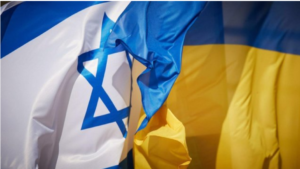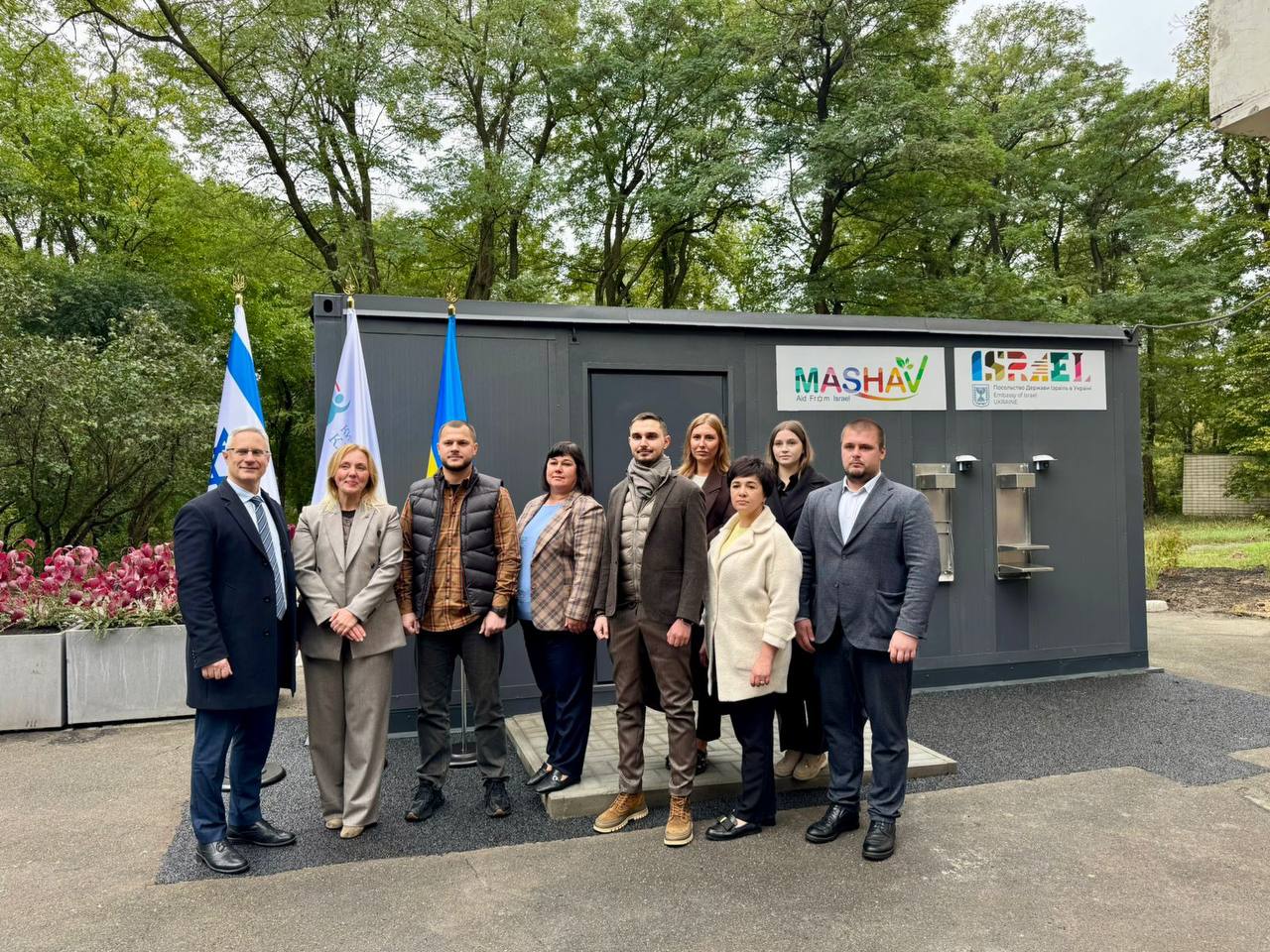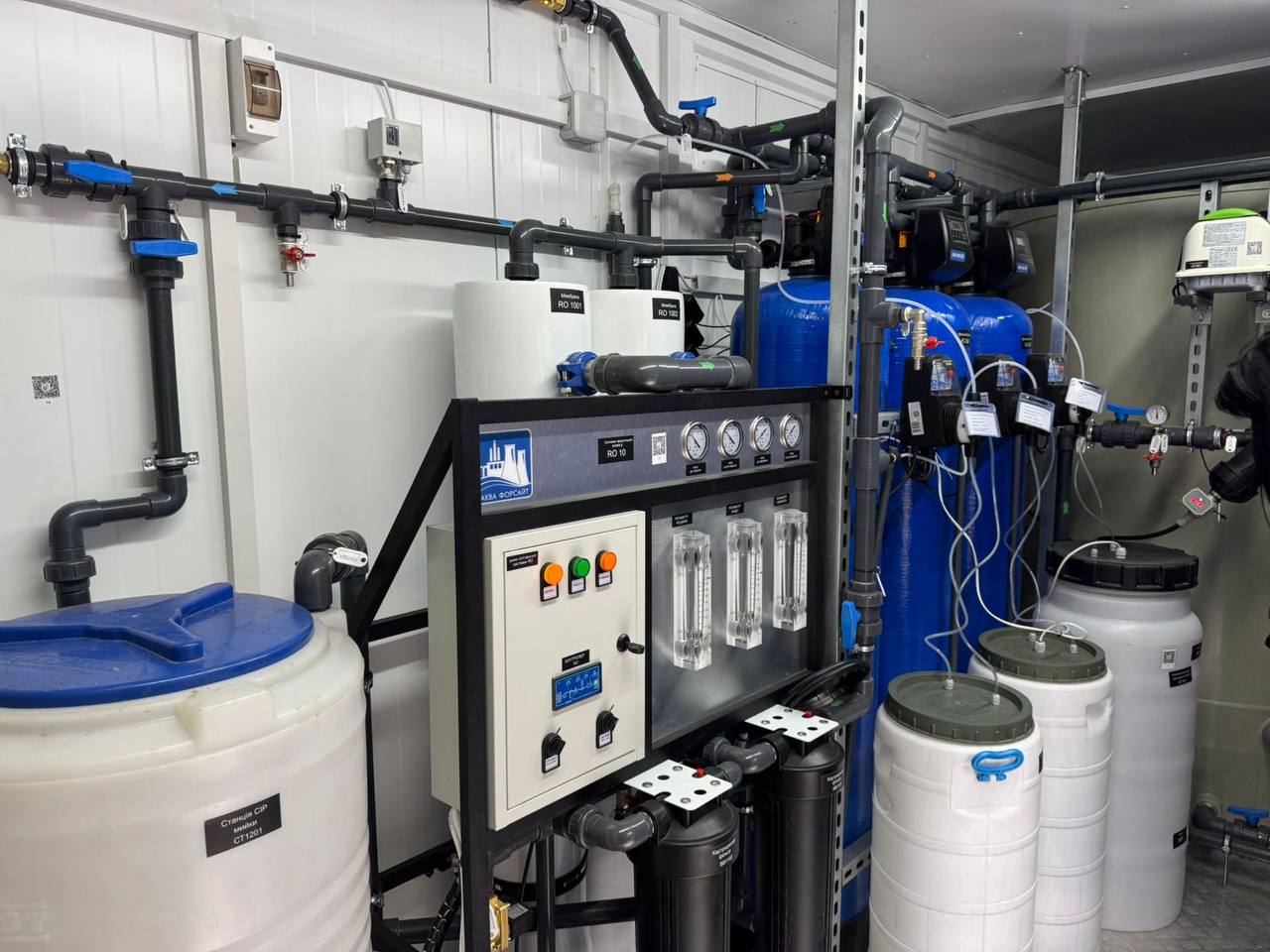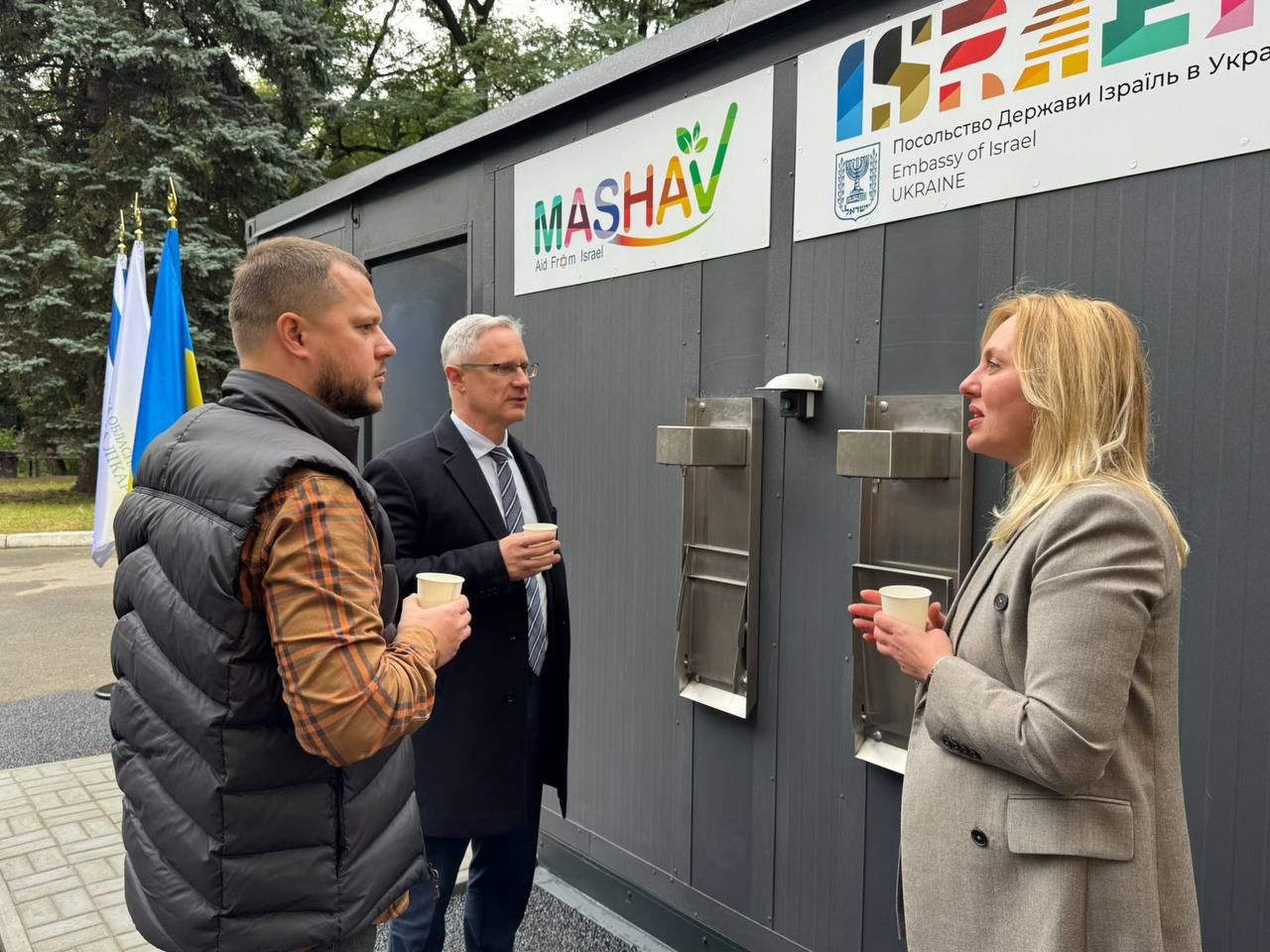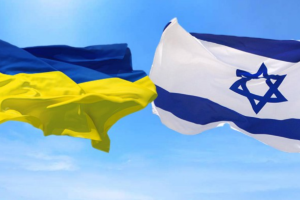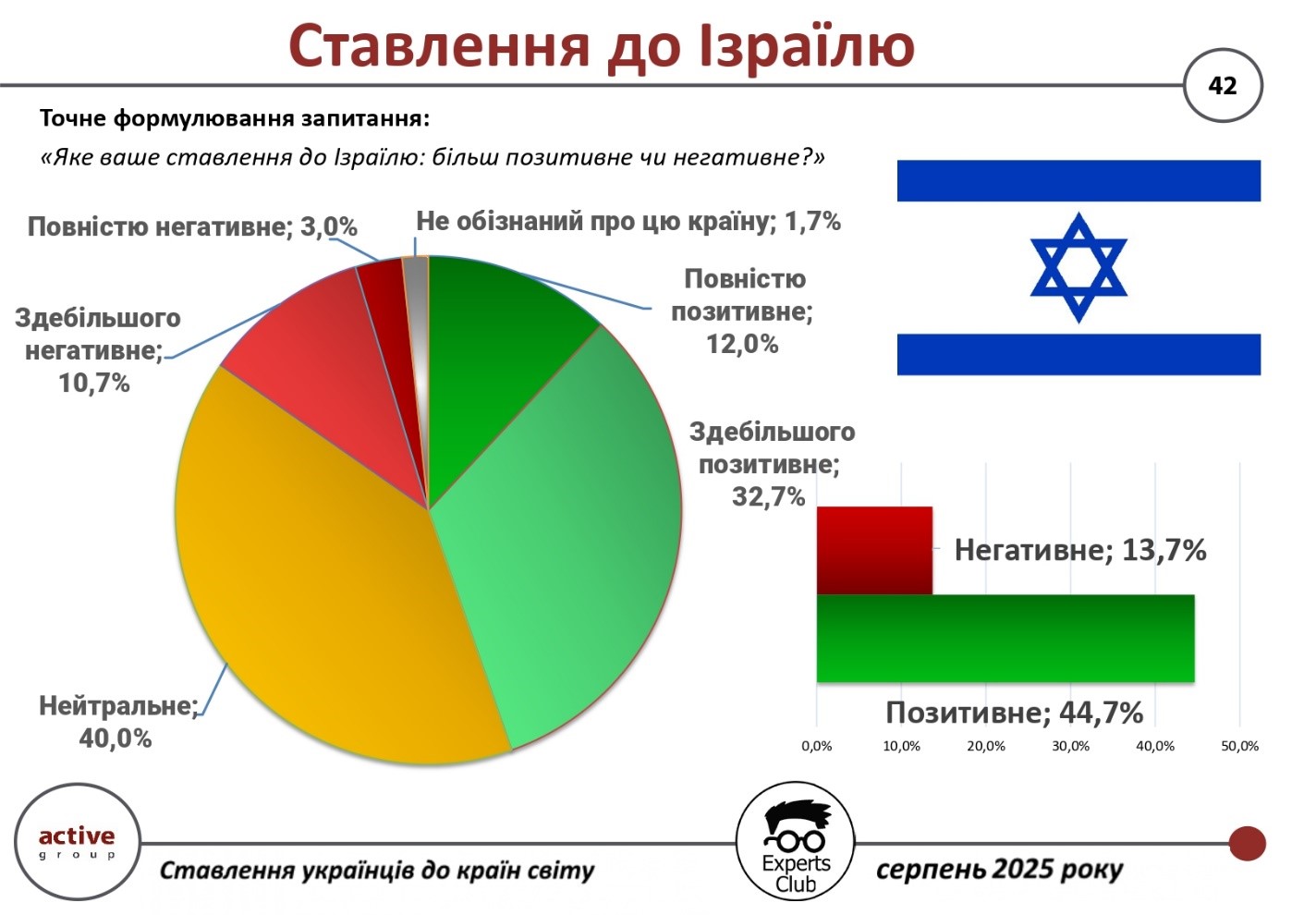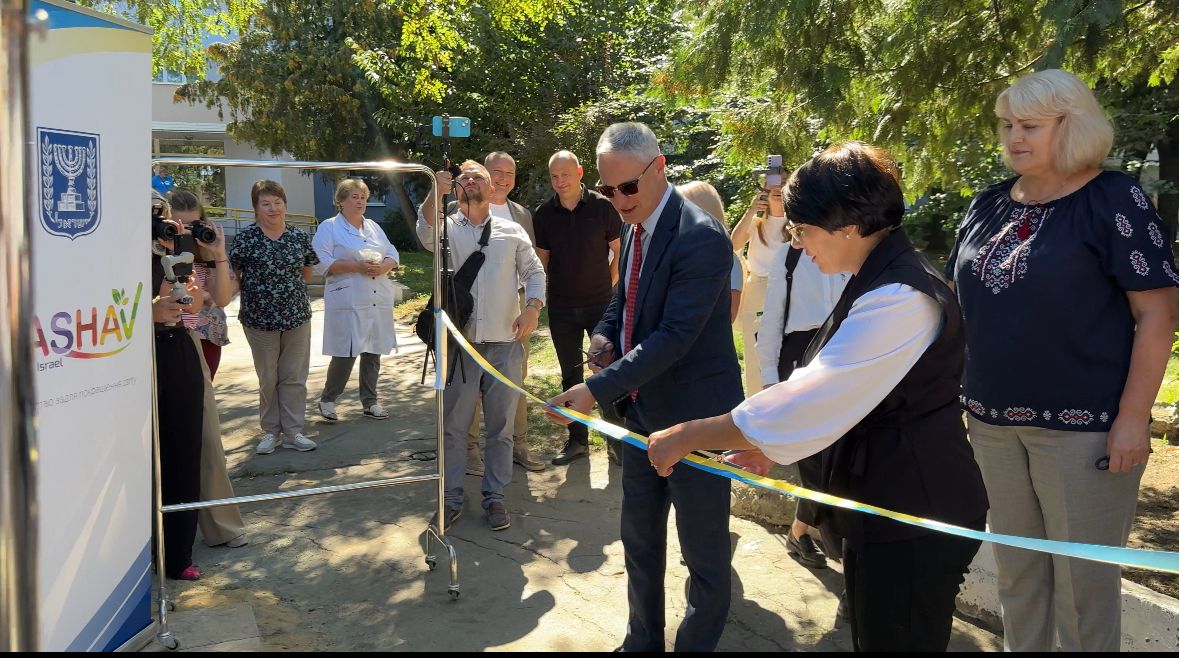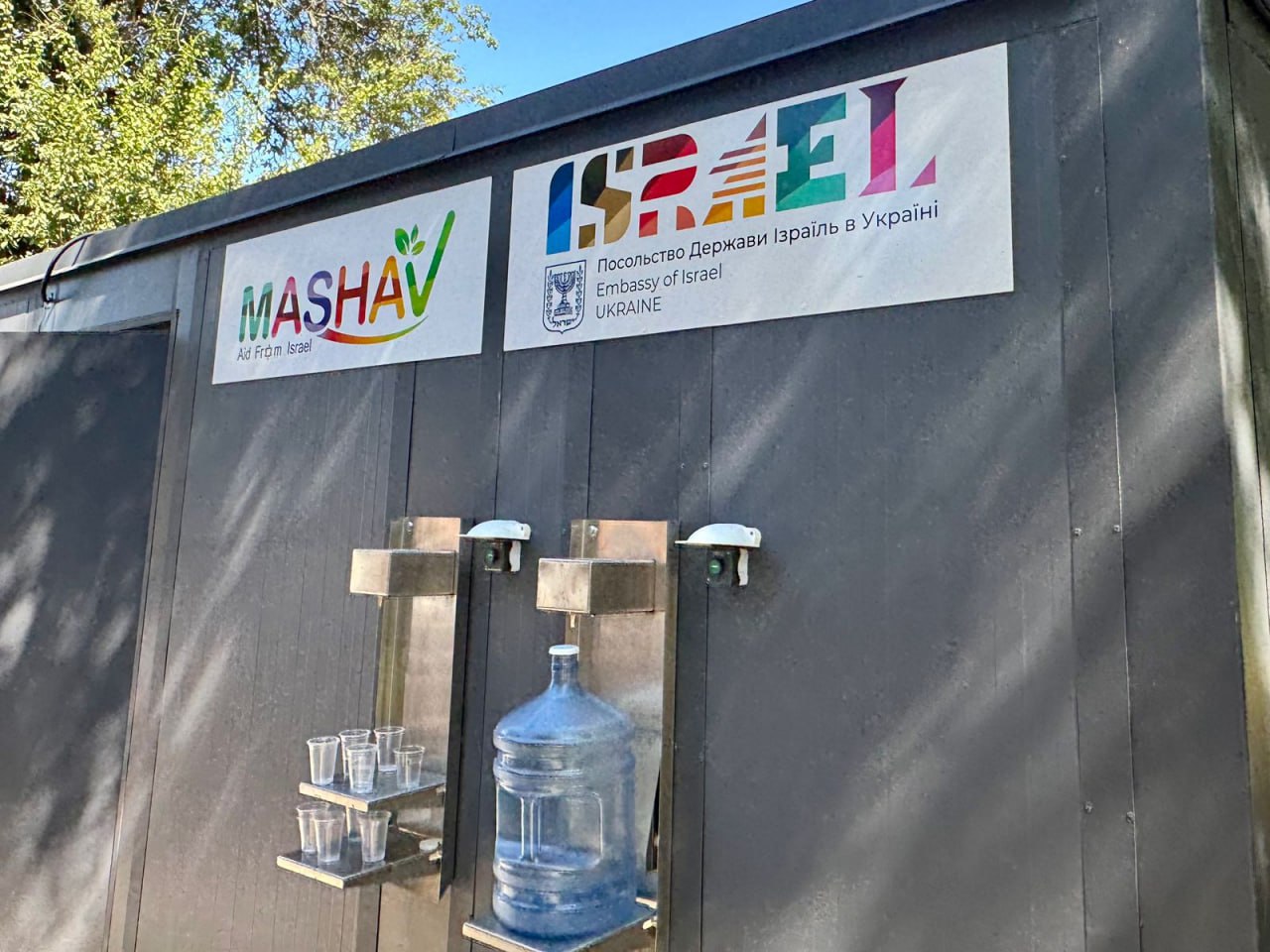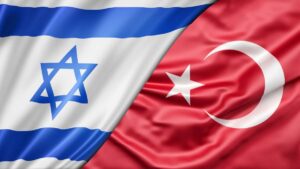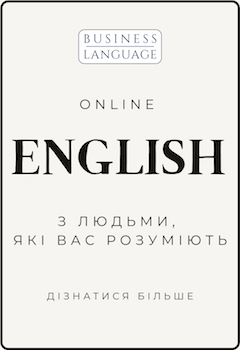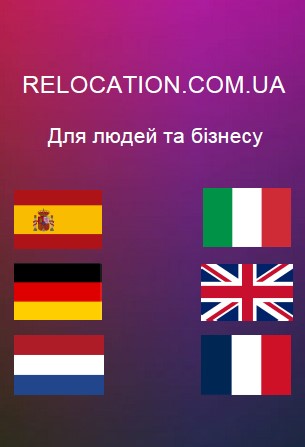The European Broadcasting Union has confirmed it will hold an online vote in November that could see the Israeli broadcaster Kan expelled from next year’s Eurovision song contest.
In a letter sent to participating broadcasters on Thursday, the EBU president, Delphine Ernotte Cunci, wrote there was an “unprecedented diversity of views” on Israel’s participation in Eurovision, and the issue required “a broader democratic basis”.
In a statement, the EBU said: “We can confirm that a letter has been sent from the executive board of the European Broadcasting Union to directors general of all our members informing them that a vote on participation in the Eurovision song contest 2026 will take place at an extraordinary meeting of the EBU’s general assembly to be held online in early November.”
The decision comes after several European broadcasters, including those from Spain, the Netherlands, Ireland, Iceland and Slovenia, threatened to boycott the next edition of the world’s largest live music event if Israel was allowed to take part.
Russia was banned from Eurovision after its full-scale invasion of Ukraine in 2022. Meanwhile Israel, which has won the contest four times since its debut in 1973, has continued to compete for the past two years despite disputes over its participation.
Both the 2024 contest in Malmö, Sweden, and this year’s event in Basel, Switzerland, were marked by pro-Palestine protests around the concert halls.
Next year’s Eurovision, the 70th anniversary of the song contest, is due to be held in the Austrian capital, Vienna, in May.
Its hosting broadcaster ORF earlier this week expressed optimism that the event would go ahead even in the case of boycotts and resulting loss of broadcasters’ contributions.
“The Eurovision song contest will take place in Vienna in 2026,” an ORF spokesperson said. “The event will take place irrespective of the number of participating broadcasters.”

